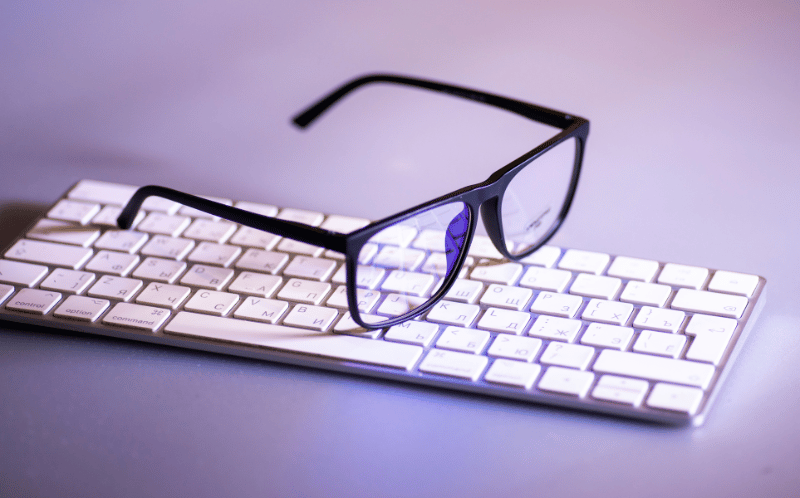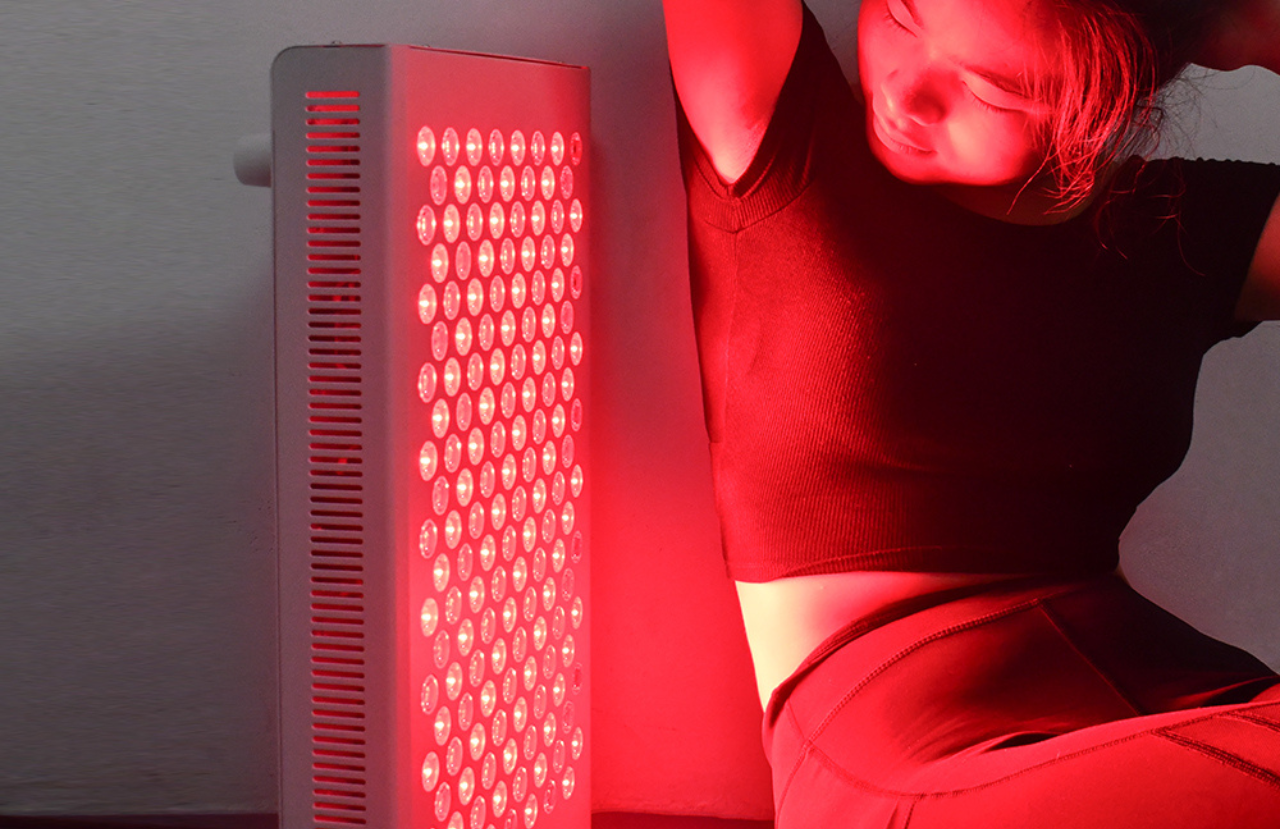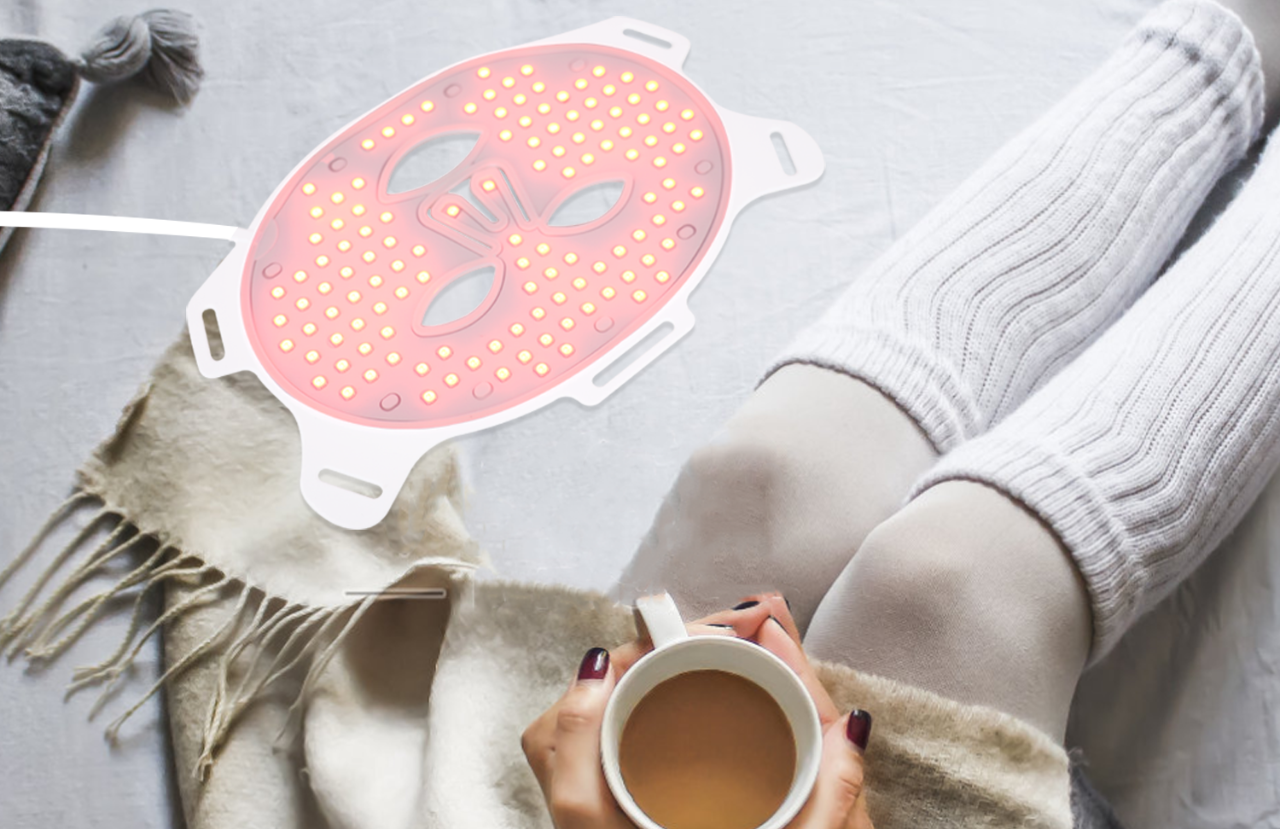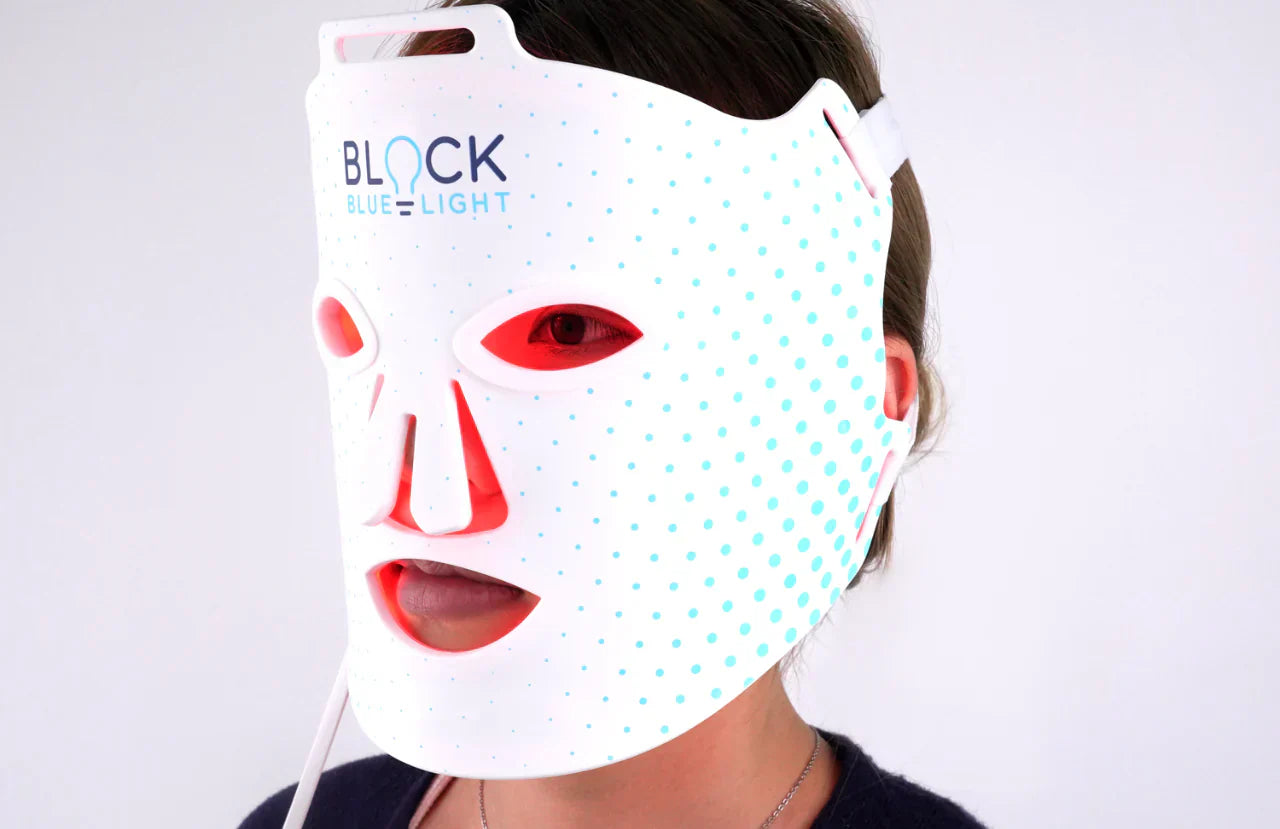Table of contents:
- What are computer glasses, and are they better than blue light glasses
- What do computer glasses refer to?
- How do computer glasses work?
- What are blue light glasses, and are they better than computer glasses?
- Conclusion: computer glasses or blue light glasses, which is better?
- What to look for when choosing blue light glasses or computer glasses?
If you spend a lot of time on digital devices, you may have considered buying a pair of protective glasses to reduce digital eye strain. However, blue light glasses or computer glasses, which is better?
We understand where you're coming from. There's a massive variety in the protective eyewear industry which can be confusing. Terms like computer glasses, blue light glasses, tinted glasses, anti-glare, and blue cut can make it hard to know what you need. Here we'll answer your primary question: Blue light glasses or computer glasses; which is better?
At the end of the article, we'll give the top tips on what to look for when buying a pair, so stick around till the end!
What are computer glasses, and are they better than blue light glasses?
Let me get one thing straight; computer glasses are the same as daytime blue light glasses. The primary function of both daytime blue light glasses and computer glasses is to filter blue light from screens and make them easier on the eyes. The differences lie in the wavelengths of blue light being filtered and the strength of the filter. Further in the article, we'll explain which level-of-protection you should look for.

What do computer glasses refer to?
Computer glasses, also known as computer screen glasses, are an umbrella term used to refer to glasses that protect your eyes from the adverse effects of digital screens. These glasses reduce digital eye strain or Computer Vision Syndrome (CVS), a set of eye and vision-related problems arising from looking at digital screens for long periods.
However, since there's no standardization in the industry, any manufacturer can claim to be selling 'computer glasses,' with each having different filtering powers and features.
How do computer glasses work?
The main feature of computer glasses is filtering blue light wavelengths. Why? Blue light is the primary damaging factor of digital screens. Blue light from 380-495nm carries more energy than other wavelengths and is responsible for digital eye strain, dry eyes, headaches, and retina damage.
Additional features that manufacturers may or may not include in their computer glasses are:
-
Anti-glare coating: Light-giving devices cast reflections onto your glasses, which causes reflections to build up, and your eyes and brain must work to see past those reflections. This tires your eyes out, and an anti-glare coating reduces glare and allows more light to pass through, thus giving you clearer vision. All of BlockBlueLight’s glasses have an anti-glare and anti-scratch coating.
-
Magnification: Computer glasses may have a magnification feature that helps alleviate eye strain and makes reading small text on digital screens easier. This feature can be helpful for those who have presbyopia, a common age-related condition that causes difficulty seeing things up close. Presbyopia is caused by a natural loss of flexibility in the eye's lens, making it harder to focus on nearby objects.
- Decentered pupillary distance: Decentered pupillary distance refers to adjusting the position of the lenses in the frame of the computer glasses so that they align with the center of your pupils, which helps to reduce eye strain and discomfort. When you look at a computer screen, your eyes tend to drift slightly outward, which can cause the light to enter the eye at an angle, leading to distortion and eye strain. Decentered pupillary distance ensures that the lenses are positioned correctly in the frame so that your eyes are looking through the optical center of the lens. While decentered pupillary distance benefits computer glasses, it is not the primary feature that provides eye protection from blue light.
What are blue light glasses, and are they better than computer glasses?

Blue light glasses are an umbrella term for any glasses that filter blue light.
There are two types of blue light glasses: daytime and nighttime/evening.
-
Daytime blue light glasses: These are designed to be worn during the day for protection from blue light from electronic devices. They can help reduce eye strain and fatigue, improve visual clarity, and increase productivity. Thus daytime blue light glasses are the same thing as computer glasses.
- Nighttime + Evening blue light blocking glasses: These tinted glasses are designed for evening and nighttime use. They have an orange or red tint that blocks blue light rays completely. They are to be used after sundown because humans are not naturally supposed to be exposed to any amount of blue light after sunset. Even the slightest exposure to blue light can activate the retinal cells in our eyes and stop melatonin production, the hormone responsible for promoting a night of deep and restful sleep. Continuous exposure to blue light after sundown can disturb the sleep-wake cycle and make it difficult to fall asleep in the long run. Tinted lenses mimic the conditions of nature by blocking all artificial blue light and regulating a regular sleep-wake cycle, thus promoting good eye health and sleep.
Conclusion: computer glasses or blue light glasses, which is better?
Go for computer glasses/daytime blue light glasses if: you use screens a lot and you’re looking for relief from sore/dry eyes, headaches, fatigue or blurred vision
Go for Night-time blue light blocking glasses if: You use screens at night and have trouble falling asleep on time.
What to look for when choosing blue light glasses or computer glasses?
When buying blue light glasses it’s essential to do your research. Not all glasses are created equal, and many available online won't provide noticeable benefits. Many cheap glasses found online don't filter the correct wavelengths of blue light. There are several things to consider to ensure you get the best product for your needs.
- First, determine the lens color you need based on when you'll be wearing the glasses. Clear or yellow lenses with a mild filter are appropriate for daytime use, while red or amber lenses with a strong filter are better for nighttime use. Refer to our lens colour guide here.
- Next, ask for a transmittance spectrum report or spectrophotometer report to get a scientifically accurate understanding of which wavelengths the lens filters. For daytime glasses, ensure that the lens filters the 400-500nm range by at least 50%. For nighttime glasses, ensure the lens filters 100% blue & green light in the 400-550nm range. Any less than this and you won’t see benefits
- Lastly, ensure that the glasses protect against the peak wavelength of blue light at 455nm. All of BlockBlueLight’s glasses have a special pigment added to protect against this range.
Regarding products that impact your health, it's always better to be safe than sorry. The light entering your eyes can significantly impact your overall health, including your eyesight, hormones, mood, appetite, and sleep patterns. At BlockBlueLight, we prioritize creating products that work with your body and the natural rhythms of nature. We individually test all our blue light glasses using a lab-grade spectrophotometer and include the report in the product descriptions.





